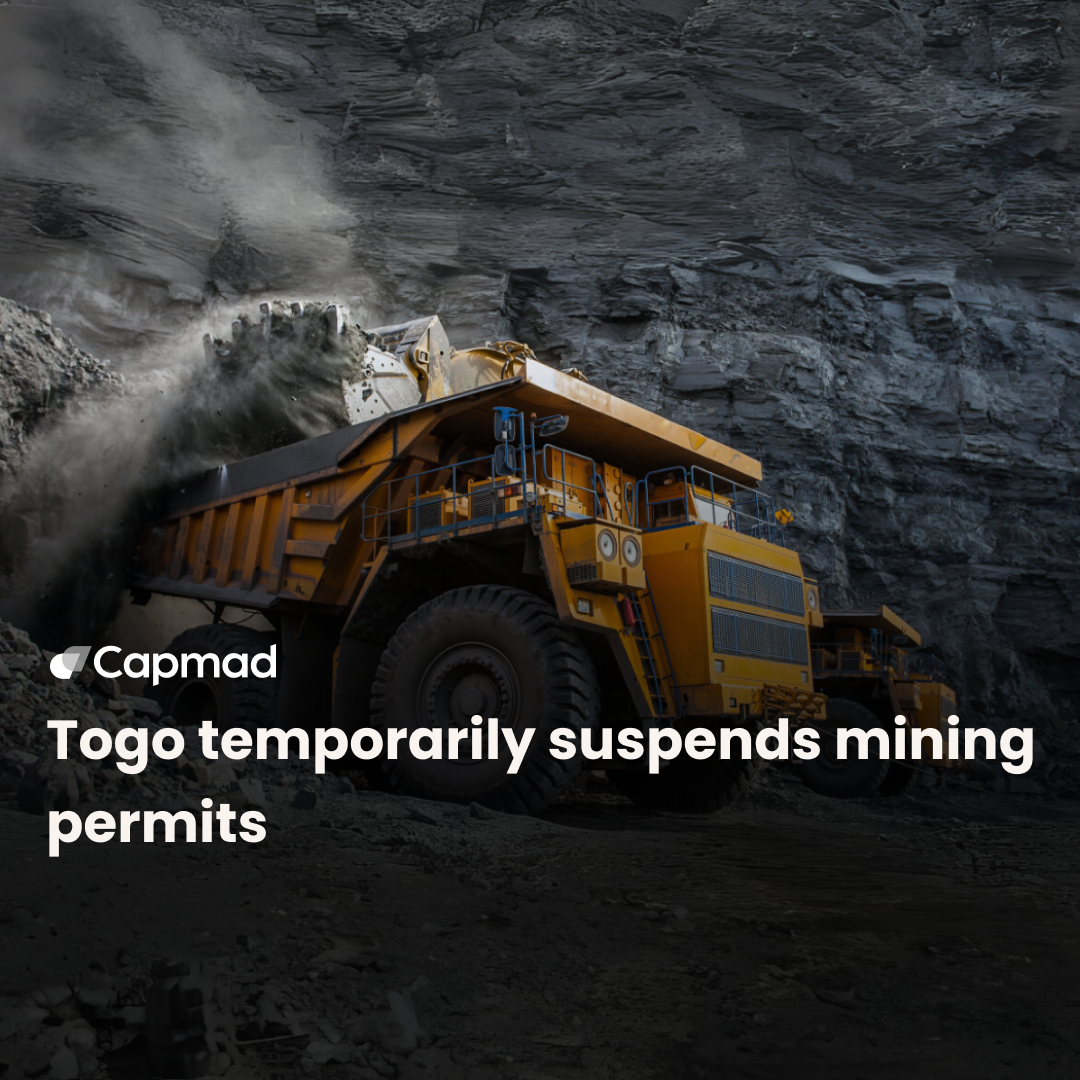In 2023, Rwanda is poised to claim the title of the world’s foremost coltan exporter, surpassing the Democratic Republic of Congo (DRC) which will be relegated to second place. While this milestone is celebrated by some, it also evokes apprehension among others regarding its potential repercussions.
Africa’s leading coltan producer
Coltan, a prized and strategically vital mineral essential to the electronics industry, has historically been dominated by the Democratic Republic of Congo (DRC) as the world’s foremost producer. However, with a notable surge in production and exports, Rwanda is poised to claim the top spot in 2023. Both nations have consecutively held the title of the world’s leading coltan exporters. Despite this recent shift, data spanning a decade reveal that the DRC maintains its position as the primary producer, with 17,330 tonnes compared to Rwanda’s exports of 15,374 tonnes.
Competition between Rwanda and the DRC
Rwanda’s coltan export volumes surpassing those of the DRC mark the fifth occurrence in the past decade. These instances occurred notably in 2014, reaching a pinnacle of 2,302 tonnes, followed by similar occurrences in 2015, 2017, and 2019, albeit with values below 2,000 tonnes. Conversely, the DRC witnessed its peak in 2022, exporting 2,466 tonnes. Over the period spanning from 2014 to 2023, coltan export revenues for both nations totaled 32,702 tonnes. In 2023 specifically, Congolese exports amounted to 1,918 tonnes, trailing slightly behind Rwanda’s 2,070 tonnes.
Impact of coltan exports on the economy
Coltan holds immense global value as a coveted mining resource with a restricted supply, making it a vital revenue source for countries fortunate enough to possess it. Rwanda’s ascent as the world’s leading coltan exporter solidifies its standing in the international minerals market, attracting significant foreign direct investment (FDI), particularly in mining and processing sectors.
The surge in coltan exports is proving instrumental in bolstering Rwanda’s trade balance, aligning with the country’s ambition to generate 1.5 billion USD in annual ore export revenues. This uptick in revenue streams positively impacts Rwanda’s GDP, catalyzing overall Rwanda economic growth. Moreover, the expansion of coltan mining endeavors is expected to spur job creation in mining regions, thereby enhancing living standards for local communities.
Concerns about the coltan sector in Rwanda
While the export of coltan undeniably bolsters the Rwandan economy, it also gives rise to valid concerns regarding its social and environmental impacts. Critics highlight the possibility of Rwanda’s success in this domain stemming from aggressive business tactics or contentious business affiliations. Key apprehensions encompass the potential exploitation of laborers and the environmental ramifications associated with extensive mining activities within the country.
Coltan exports of Congolese origin
A report published in March 2022 by ENACT, titled « Mining and illicit trading of coltan in the Democratic Republic of Congo », unveils findings from a United Nations investigation suggesting that a portion of Rwanda’s coltan exports originates from the DRC. This revelation casts a critical spotlight on Rwanda, accusing it of involvement in the illicit exploitation of coltan from its neighboring country. The absence of traceability mechanisms and ongoing smuggling activities across the border between the two nations raise ethical concerns regarding coltan sourcing practices in Rwanda. This underscores the complexities of natural resource governance and underscores the accountability of international entities.
Rwanda vehemently denies these allegations; however, President Paul Kagame has acknowledged his country’s dependence on processing minerals from neighboring nations, implying that coltan from the eastern DRC is no exception. Notably, the document highlights that Kigali does not levy taxes on coltan exports. Furthermore, the state permits the reclassification of imported goods as « made in Rwanda », provided they undergo processing within the country, adding at least 30 % value.
ENACT concludes that a significant portion of the ore exported from Rwanda likely originates from the DRC, underscoring the complexity and challenges surrounding the transparency and integrity of mineral supply chains in the region.
Government efforts to improve traceability
Rwanda attributes its success in the mining sector to strategic investments and effective natural resource management. The nation maintains stringent standards for responsible mining practices and mineral traceability. In line with these efforts, on February 19, 2024, the government entered into a cooperation agreement on mineral exploitation with the European Union. This protocol specifically addresses critical raw materials such as tantalum, tungsten, tin, and gold.
The primary objective of this initiative is to enhance mineral traceability and bolster efforts to combat illicit trafficking. The European Commission’s endorsement of this partnership underscores Rwanda’s commitment to the « rule of law ». Moving forward, it remains to be seen how Rwanda will navigate the management of this valuable resource and the resulting economic and social implications. Experts advocate for economic solutions to resolve differences between the DRC and Rwanda.






